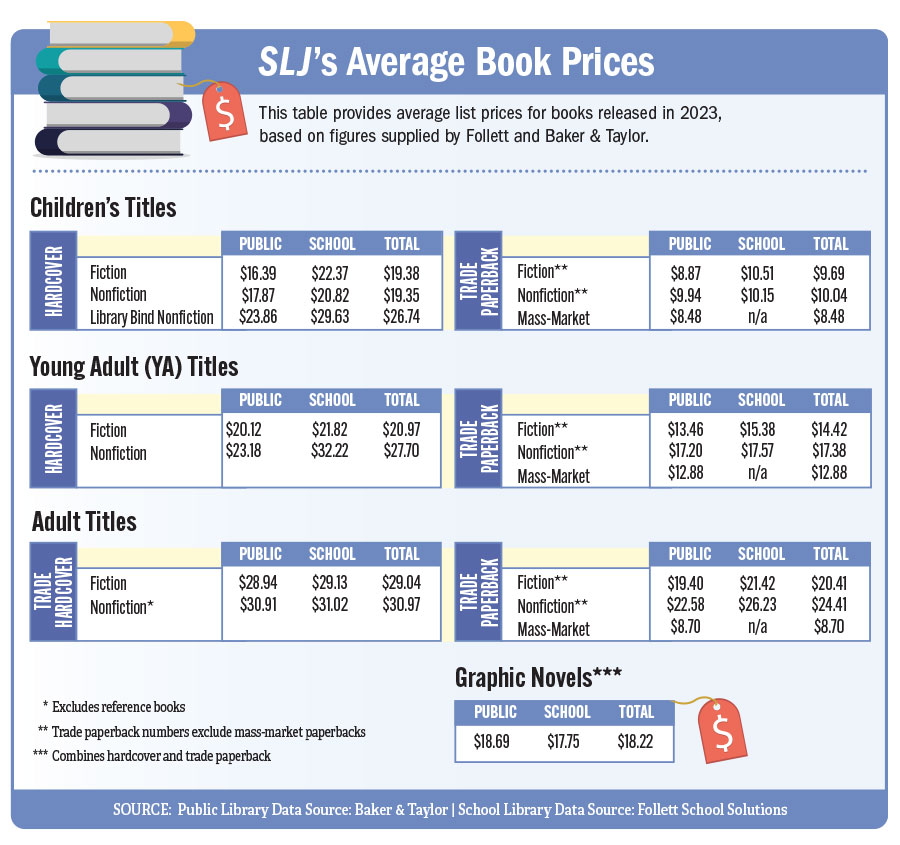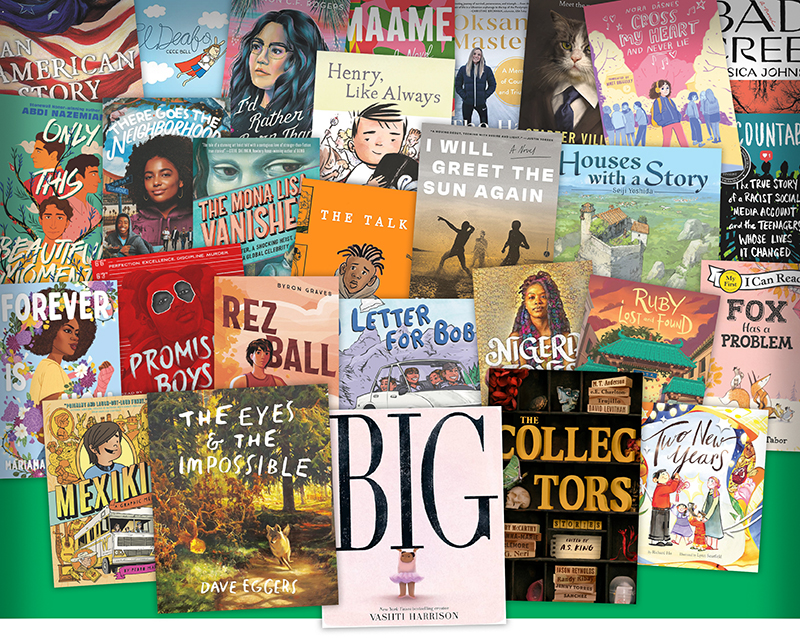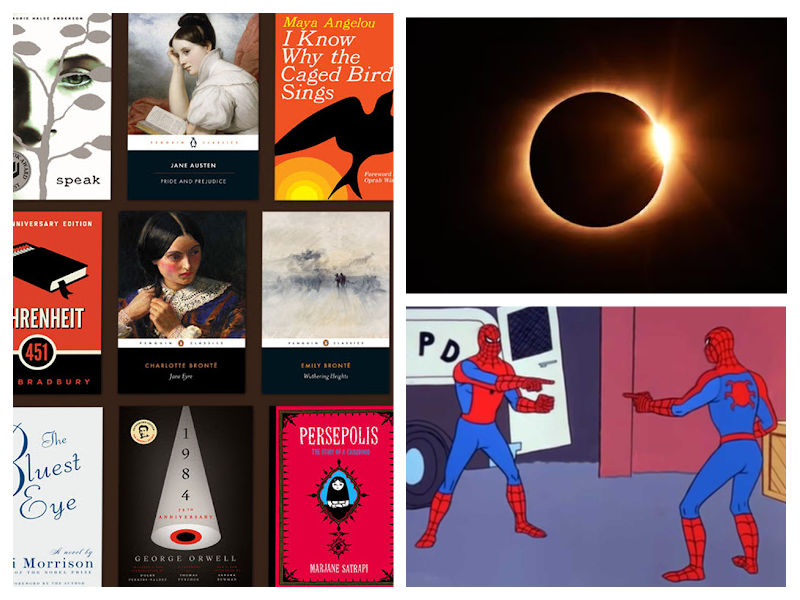Book Stank: The Picture Book Conundrum
Not too long ago a reader made a comment about one of the books I’d been promoting on this site. She wrote, “Hey, Betsy, I promise I’m not trying to troll, but I have one question/misgiving abt this book. It is the stinkiest new picture book I’ve ever read! It just hit our new book shelf. I was excited to read it, but the smell of this book is overwhelming! I’ve tried standing it up with the pages fanned out. That worked for 1 reading, but the smell isn’t really fading. Have you noticed this w your copies? While I am something of a book sniffer, I’ve never had an adverse response like this one. I feel a bit nutty.”
As luck would have it, when I read this comment I happened to be in my local children’s bookstore, Booked. I looked at my friends there. They looked at me. Next thing you know we had every copy in the store open, our noses pressed inside like we were members of some kind of highly literary drug cult. After some thorough sniffs it was determined that while the book may have a bit of an unpleasant aroma, my reader may have gotten her hands on a particularly bad batch.
ADVERTISEMENT
ADVERTISEMENT
Even so, it got me to thinking. We discuss the sight and feel and sound of books so often that sometimes we neglect a discussion of how books strike our olfactory senses. For example, if you’ve ever walked into a used bookstore that’s been around for a while, you’ll notice how that “old book smell” permeates the air. I can attest that underneath the main building for NYPL, in the stacks, that smell was thick and rich and powerful. Now we like that smell. In fact, Science ABC has a nice piece called Why Do Books Smell So Good? that explains the chemistry behind both the smell of new and old books. As they say:
“Old books have a sweet smell with notes of vanilla flowers and almonds, which is caused by the breakdown of chemical compounds in the paper, while new books smell like they do because of the carious chemicals used when they are manufactured.”
All well and good, but what about the bad book smell you’ll sometimes come across, particularly in older picture books? I don’t mean a musty smell that comes from stuffing your books in a damp basement somewhere. I mean that very particular stink that comes from an older book when you crack it open. The article doesn’t cover this, and I think I know why. In most pieces you’ll encounter (with titles like Why do books smell the way they do? and Where does the smell of old books come from?) the authors are talking about books for adults. In fact, the book stink that I remember so keenly as a kid is, in my experience, specific to certain types of older picture books. Amazingly, while you can find numerous articles comparing older adult books to smelling like vanilla and cut grass, nowhere can you find a serious discussion of smelly picture books.
So what makes them stink? Well, if the compounds in the good book smell come from within the paper as it breaks down over time, then the bad book smell may have something to do with the breakdown of the adhesives that bind the book together, as this chart from Science ABC attests:

Now you know that it’s probably safe to say that somewhere out there in the world is a human that knows the entire history of American book binding adhesives as used by binders throughout the late 20th and early 21st century. They could probably tell you precisely which glues are cheap and should be avoided and which ones present the best scent. About eight years ago I was at an ALA Conference and I met with a small publisher who informed me that the bindings of their books were superior to that of the competition because they paid extra for the good smelling binding glue.
Which brings us to the books of the large publishers today. The brand new 2019 book with a peculiar scent is interesting to me for any number of reasons. Will its scent fade with time? Will it persist, or even get stronger as the glue breaks down over the years? Is this a new glue found in other books? Are these books just little ticking time bombs, waiting to bombard children’s librarians and used bookstore retailers with their smell in the future?
The mind boggles.
Seems to me that the safest route in all of this is just to stick with the old books that stink because they’re supposed to. At least that way you’ll get odiferous surprises. They just won’t be unexpected.

Filed under: Uncategorized
About Betsy Bird
Betsy Bird is currently the Collection Development Manager of the Evanston Public Library system and a former Materials Specialist for New York Public Library. She has served on Newbery, written for Horn Book, and has done other lovely little things that she'd love to tell you about but that she's sure you'd find more interesting to hear of in person. Her opinions are her own and do not reflect those of EPL, SLJ, or any of the other acronyms you might be able to name. Follow her on Twitter: @fuseeight.
ADVERTISEMENT
ADVERTISEMENT
SLJ Blog Network
Happy Poem in Your Pocket Day!
More Geronimo Stilton Graphic Novels Coming from Papercutz | News
Parsing Religion in Public Schools
Environmental Mystery for Middle Grade Readers, a guest post by Rae Chalmers
ADVERTISEMENT








I read that AmericNs who discovered Tolkien so early that they had to order the books from EnglNd got an extra treat; the English used different ink formulas, and the books smelled so great that a fan’s first act on opening the latest volume would be to inhale deeply.
I wish that had been the case with those Harry Potters I ordered from England.
This is a great post on an obvious, but overlooked, difference between digital and real books, as I like to think of them. I am sure that some of the older used books I purchase smell like mold because they were improperly stored. You have brought attention to some of the more intriguing reasons for book smells, rooted in the actual production of books.
David Denby wrote a book about teaching literature to high school kids. Several reviews included the quote by one skeptical student that “books smell like old people.”
https://www.nytimes.com/2016/02/21/nyregion/how-literature-and-teachers-can-change-lives.html
I just love that! Meant as a throwaway caustic teen remark, it actually frames the digital divide in a really funny way, one which I take as a compliment.
My recently purchased copy of The Book of Boy by Murdock smelled so good! Almost like lemon pledge. It’s strange though because it was the second copy that I purchased for my library and I don’t remember the first one smelling as nice. I’ve honestly made particularly dedicated patrons smell that book!
Great post! In addition to the possibility of the stink coming from the glue in the binding, there’s something else that picture books have that books for grown-ups don’t: there’s much more ink on the pages. My money’s on that combination of glue and loads of ink overwhelming the smell of the paper breaking down (or altering how the paper breaks down, since the ink coating the paper prevents the paper itself from being exposed to air in the same way) and being the source of old picture book stink.
Thinking about the smell of books from my childhood, I actually remembered that my aunt, who lived a 10 hour drive away, gave me an uncommon book called “Fred’s Pyramid” by Stewart Moskowitz (I had to look up the author) that she put some perfume in the front of. So every time I opened the book, I smelled the perfume and thought of her.
I also remember the scratch-and-sniff book Little Bunny Follows His Nose (author Katherine Howard).
I can’t say I’ve noticed any unusual smells in my children’s book reviews that I can remember.
I don’t think this is still the case, but I remember that any books I bought from a certain book club way back in the day (70s, 80s) were printed on really cheap paper like newsprint. Some of the children’s books in stores were also. I think they thought that kids’ books didn’t matter as much, so they could be made from cheaper materials. They will just be ripped up and thrown away, right? This might account for a difference in smell as well.
Very interesting article. I have always wanted to know what the particular smell of certain children’s books I remember were from. They were always a plastic type of material and I loved the smell. Every once in a while I come across a brochure or something with the same smell and I can’t help sniffing it as it just brings back a flood of memories from my earliest days. Wish I knew what it was.
Actually, I’ve liked the smell of every book I’ve smelled.
Pretty much the first thing I do with EVERY new book I get (including vintage ones new to me) is take a deep sniff. As a kid, one of my strange joys was the smell of new textbooks. I inhaled that scent like it was cocaine. Got a little side-eye that first day of school, I’m sure.